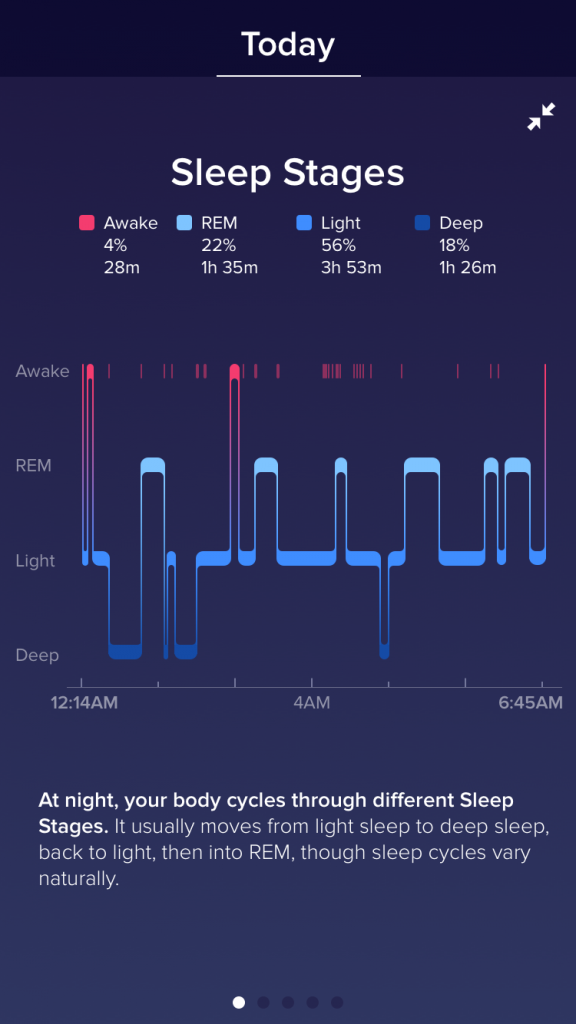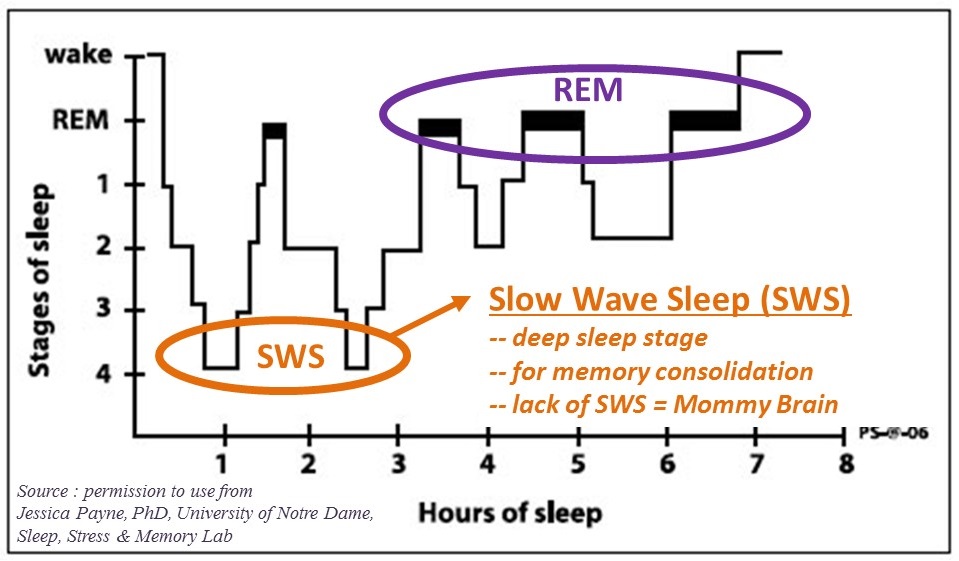

Consider getting up and doing a light activity, like reading, until you’re tired again.
#Deep sleep vs rem tv
Too much TV or computer time may make it hard to relax. Banish bright lights and loud noises from your bedroom.Create a bedtime routine to unwind from the day, like reading a book or taking a bath.Caffeine, alcohol, and nicotine may make it harder to get a good night’s rest. Stick to water and other decaffeinated drinks before bed.About 20 to 30 minutes each day is a good start, just avoid working out in the hours before bedtime. Put yourself on a bedtime schedule where you go to sleep and wake up at the same time each day.Getting enough sleep in general may also increase your deep sleep. For example, taking a hot bath or spending time in a sauna before bed may help improve your sleep quality.Įating a low-carbohydrate diet or taking certain antidepressants may also promote deep sleep, though more research is needed in this area. your breathing becomes faster and even irregular at times.
 your heart rate increases to near its wakeful state. you experience dreaming as your brain activity increases to a more wakeful state. your eyes move rapidly from side to side. Stage 5, or your first stage of REM sleep, occurs about 90 minutes after moving through non-REM stages. It lasts for longer periods in the first half of the night and becomes shorter with each sleep cycle. The first stage of deep sleep lasts anywhere from 45 to 90 minutes. it’s difficult to awaken even with loud noisesĭeep sleep is also referred to as “ slow wave sleep” (SWS) or delta sleep. your brain waves become the slowest they’ll be while you’re asleep. your heartbeat and breathing become their slowest as your muscles relax. Stages 3 and 4 are when you experience deep sleep. your brain waves are slow, but you have some short bursts of activity. your body’s systems continue to slow and relax. This is the stage of sleep you may fall into more than any other throughout the night. Stage 2 accounts for about 50 percent of the total sleep cycle. your brain waves start to slow down from their wakeful state. your muscles relax with only occasional twitches. your body functions - like heartbeat, respiration, and eye movements - begin to slow. Stage 1 of non-REM sleep lasts several minutes as you move from being awake to being asleep. The cycle continues throughout the night about every 90 minutes.ĭeep sleep occurs in the final stage of non-REM sleep. You begin the night in non-REM sleep followed by a brief period of REM sleep. Sleep is divided into two categories: REM and non-REM sleep.
your heart rate increases to near its wakeful state. you experience dreaming as your brain activity increases to a more wakeful state. your eyes move rapidly from side to side. Stage 5, or your first stage of REM sleep, occurs about 90 minutes after moving through non-REM stages. It lasts for longer periods in the first half of the night and becomes shorter with each sleep cycle. The first stage of deep sleep lasts anywhere from 45 to 90 minutes. it’s difficult to awaken even with loud noisesĭeep sleep is also referred to as “ slow wave sleep” (SWS) or delta sleep. your brain waves become the slowest they’ll be while you’re asleep. your heartbeat and breathing become their slowest as your muscles relax. Stages 3 and 4 are when you experience deep sleep. your brain waves are slow, but you have some short bursts of activity. your body’s systems continue to slow and relax. This is the stage of sleep you may fall into more than any other throughout the night. Stage 2 accounts for about 50 percent of the total sleep cycle. your brain waves start to slow down from their wakeful state. your muscles relax with only occasional twitches. your body functions - like heartbeat, respiration, and eye movements - begin to slow. Stage 1 of non-REM sleep lasts several minutes as you move from being awake to being asleep. The cycle continues throughout the night about every 90 minutes.ĭeep sleep occurs in the final stage of non-REM sleep. You begin the night in non-REM sleep followed by a brief period of REM sleep. Sleep is divided into two categories: REM and non-REM sleep.






 0 kommentar(er)
0 kommentar(er)
